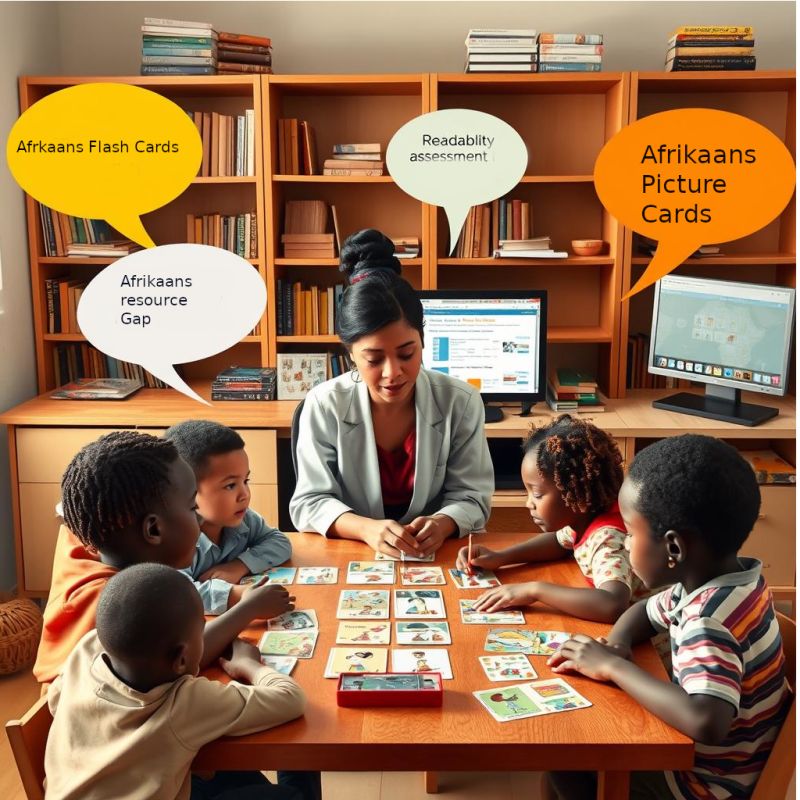- 06
- May
- 2025
Bridging South Africa’s Speech-Language Therapy Divide (SLTs)
- Posted ByZyda Hassiem
- InEducation

In a nation with 11 official languages, South African speech-language therapists face a stark reality: while 99% can work in English, only 15% can serve clients in indigenous African languages. This linguistic disconnect means that a mere 7% of bilingual clients receive therapy in their mother tongue. With assessment tools often being hastily translated from English materials and therapy resources scarce in local languages, we’re facing nothing short of a communication crisis.
The key challenges in South Africa’ s Multilingual Contexts
Language Skill Gap: 99% of SLTs can assess in English, 67% in Afrikaans, only 15% in African languages
Limited First Language Intervention: Only 7% of bilingual clients receive therapy in their first language
Resource Needs: 70% need English materials, 57% Afrikaans materials, 33% African language materials
Assessment Issues: Heavy reliance on translations and informal tools with limited cultural appropriateness
Only 6% of SLTs consider cultural/linguistic appropriateness for local context when selecting assessments
There is widespread dissatisfaction with standardized instruments
Translation limitations: Many assessments used are simple translations of English materials
Essential and simple Therapy Room Tools:
Sentence Strips: Visual supports for cloze activities
Generic Board Games: Motivation tools (Crocodile Dentist, Jenga, etc.)
Index Cards: For visuals, memory games, and sorting activities
Stickers: Motivation and point systems
Binder Rings: Creating adaptive books and organized visuals
Popsicle Sticks: For “Zap” games and sentence building
Digital Resources
Teachers Pay Teachers, Boom Cards, Digital SLP
Vooks (digital books), UltimateSLP.com
Virtual Speech Center
Google Slides for visuals and reminders
HIPAA-compliant documentation apps
Research and Information Access
Key Journals: Journal of Speech, Language, and Hearing Research; International Journal of Speech-Language Pathology; Journal of Voice; others
Access Considerations: Mix of open access and subscription-based resources
Material Selection Criteria
Versatility: Usable for multiple goals
Functionality: Portable and practical
Price: Reasonable cost
Durability: Withstands rough handling
Compatibility: Effectively targets therapy goals
Client Appropriateness: Considers age and attention span
There is a critical need for practical, culturally sensitive, and evidence-based practices in speech-language pathology, particularly in multilingual environments like South Africa where significant gaps exist.
Recommendations
1. Train more multilingual SLTs, especially speakers of African languages
2. Develop culturally appropriate assessment materials that reflect linguistic diversity
3. Leverage affordable, versatile tools for enhanced therapy
4. Stay updated on research and best practices
5. Advocate for development of more diverse language resources